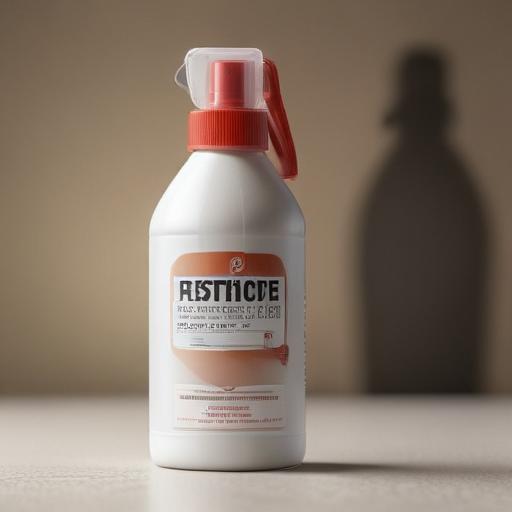Michigan State University is facing a $100 million lawsuit from LingLong Wei, a former student research assistant, who alleges that unsafe handling of pesticides left her with thyroid cancer.
Wei, who studied in MSU’s Horticulture master’s program from 2008 to 2011, says she was required to spray dangerous pesticides and herbicides—specifically glyphosate and oxyfluorfen—without adequate protective equipment or safety training. The lawsuit contends that MSU knew these chemicals were hazardous and failed to provide proper safety measures, even after Wei requested protective gear and training.
According to the suit, Wei’s health concerns began to surface after she sought medical evaluation for shortness of breath at Olin Health Center. Hospital officials reportedly attributed her symptoms to anxiety rather than chemical exposure. Wei was diagnosed with papillary thyroid carcinoma on July 11, 2024, and has since undergone treatment that included the removal of her thyroid, with ongoing care to manage her condition.
“Let’s be clear. MSU knew these were dangerous, toxic chemicals, and they had the resources to protect Ms. Wei and her fellow student research assistants. But they chose not to,” said Maya Green, Wei’s attorney, adding that the university’s actions, in the plaintiff’s view, prioritized finances over student safety.
MSU responded to requests for comment by emphasizing its commitment to campus health and safety, noting that training and personal protective equipment are provided in compliance with university policies and applicable laws. A spokesperson said the university cannot comment on pending litigation.
Context and possible implications
– The case highlights ongoing scrutiny of campus safety practices around laboratory work and chemical handling, especially for student researchers who may be exposed to hazardous materials.
– If the lawsuit proceeds, it could prompt universities to review and potentially strengthen pesticide safety training, PPE availability, and medical screening processes for student researchers.
– The dispute adds to broader conversations about how institutions balance research needs with the health and well-being of students and staff.
What this could mean moving forward
– Universities might adopt stricter oversight of chemical use in teaching and research labs, including mandatory, documented training and guaranteed access to protective equipment.
– The outcome of the case could influence policy discussions on occupational safety in academic settings and how injuries or illnesses linked to lab work are addressed.
Summary
The Wei lawsuit alleges MSU failed to protect students from dangerous chemical exposure during research activities in the late 2000s and early 2010s, resulting in thyroid cancer diagnosed in 2024. While MSU defends its safety programs and compliance with laws, the case underscores the importance of rigorous safety training and protections for student researchers. A resolution could lead to enhanced safety standards across universities and a renewed focus on safeguarding students who contribute to on-campus research.
Overall takeaway
This lawsuit could prompt meaningful improvements in campus laboratory safety practices, offering a pathway to safer research environments and potentially preventing similar outcomes for other students in the future.
